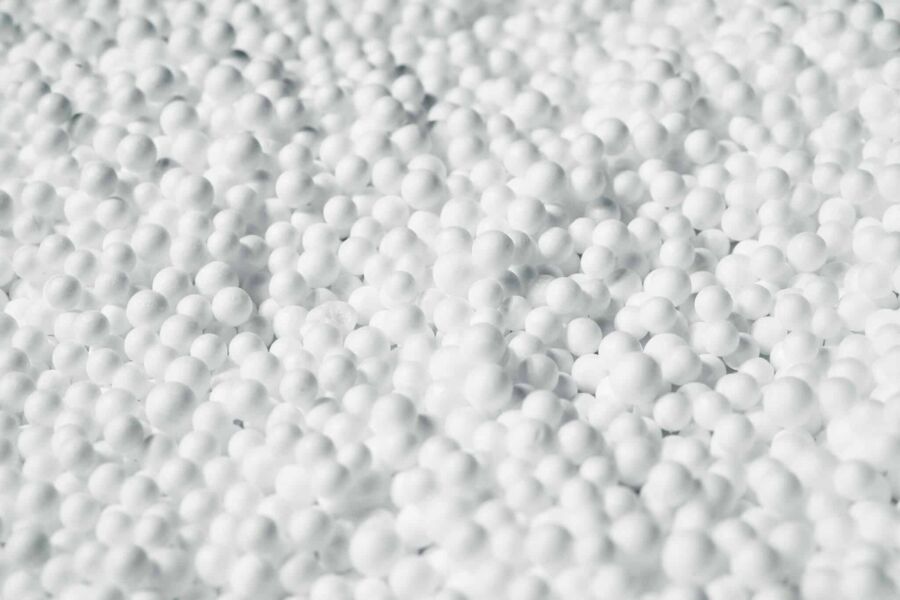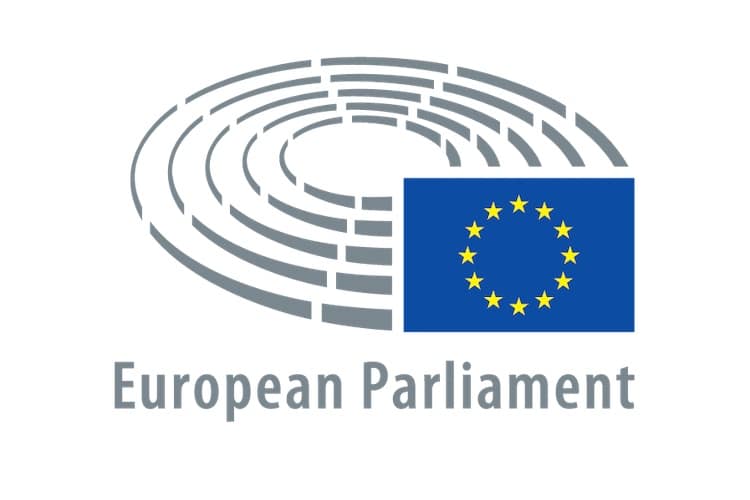The special properties of Styropor®/EPS/airpop®
Styropor®/EPS, also known as airpop®, offers a variety of uses on account of its mainly positive properties. The material protects products from all kinds of impact damage, and its light weight and ideal perfect thermal properties enable the transport not only of food but also of vital organs.
It can also be found in the construction industry, where, in the form of insulating boards, it increases the energy efficiency of houses and thus helps to reduce CO2. It also conserves resources, as only a few raw materials are needed for all types of airpop products.
EPS / airpop® can be recycled easily and efficiently
Another positive property of Styropor®/EPS is hardly known. Recycling EPS is simple and efficient. BASF recently released a short film on the industrial recycling of expanded polystyrene.
In its film “Industrial recycling of Styropor®/EPS”, BASF first explains the production of packaging material and insulating boards made of EPS. The film then goes into detail about recycling and reuse in terms of the circular economy.
Medium-sized recycling companies close the recycling loop of Styropor®/EPS
EPS packaging can be returned to mechanical recycling by retailers, processors or consumers after use. Fuel-saving volume vehicles transport EPS waste from collection points to mainly medium-sized recycling companies in Germany.
There, the EPS waste is processed into secondary products before being returned to the circular economy as EPS granulate or EPS pellets. They are reused, for example, as levelling fill in floor construction, aggregates for the plaster and mortar industry, in the brick industry or as a filler for seat cushions.
Packaging EPS has been recycled for over 20 years
The possibilities of recycling EPS packaging have been used for over 20 years and are constantly being improved. The industry is currently working at full speed on the recycling of EPS used in insulation boards, aside from thermal recycling.



